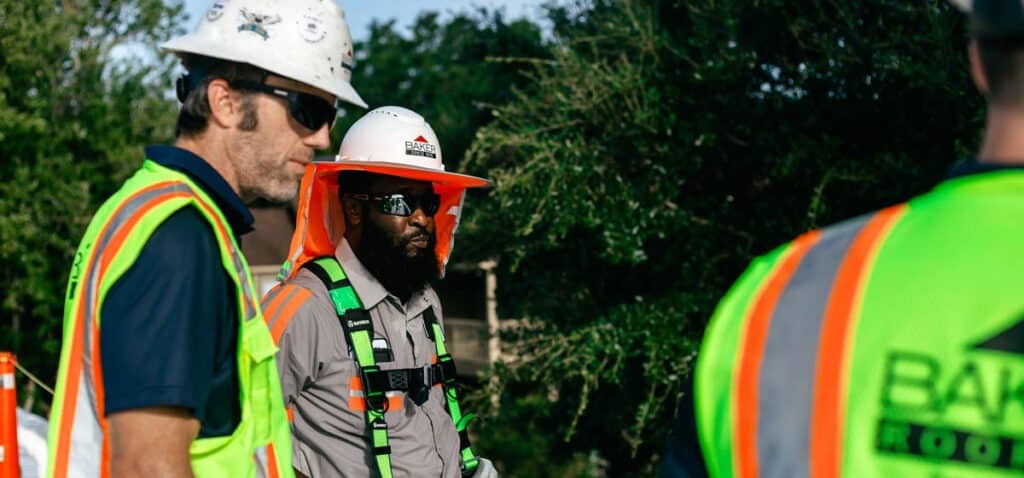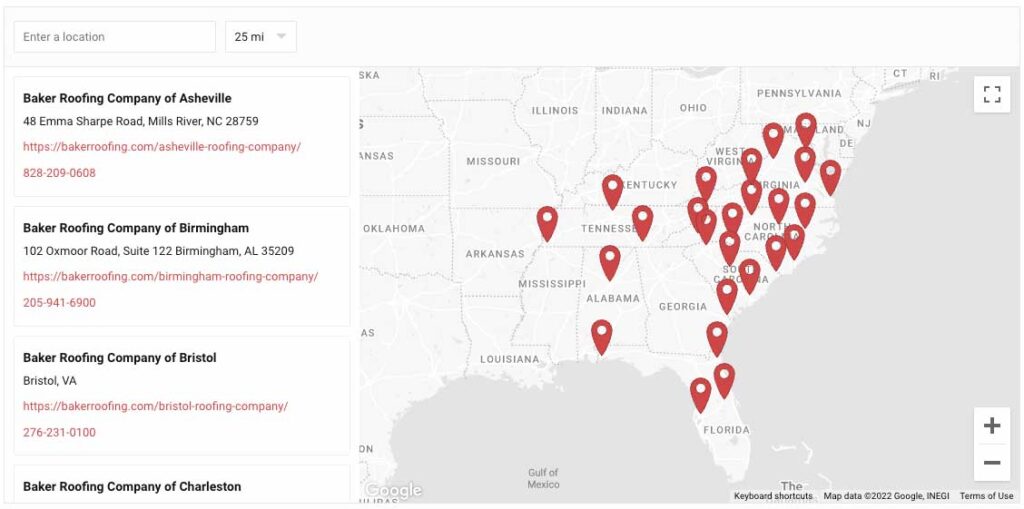After a hurricane or major storm, roof damage is one of the most common problems for building owners. Even if your roof seems to be intact, you'll need to check for any unseen damage that could potentially cause bigger problems in the future. In this article, we will discuss what building owners should do to check for roof damage after a hurricane.
Building owners should be aware of the potential for damage to their roofs after a hurricane. High winds can cause damage to roofing materials, and flying debris can puncture holes in the roof. Heavy rains can also lead to leaks and flooding.
After a hurricane, building owners should inspect their roofs for damage. They should look for missing or damaged shingles, tiles, or metal panels. They should also check for holes or cracks in the roof surface. Leaks should be repaired as soon as possible to prevent further damage.
If you suspect that your roof has been damaged, it is important to contact a qualified roofing contractor to assess the extent of the damage and determine the best course of action.
Pre-Storm Preparation Tips
- Make sure your insurance policy is up to date and covers wind damage.
- Inspect your roof and make any necessary repairs.
- Trim trees and shrubs around your property so they can’t damage your roof in high winds.
- Secure loose items on your property that could blow away in the storm.
- If possible, move vehicles and other valuables to a safe location.
Steps to Take After the Storm Has Passed
After the storm has passed, the first thing building owners should do is check for any visible damage to the roof. If there is any damage, it’s important to have a roofing contractor come out and assess the extent of the damage and make any necessary repairs.
In addition to checking for visible damage, building owners should also have their roof inspected by a professional roofing contractor to ensure that there is no hidden damage. Even if there is no visible damage, high winds can cause unseen damage to the roof that could lead to leaks or other problems down the road.
Once the roof has been checked and repaired as necessary, building owners should then turn their attention to the rest of their property. Checking for any water damage inside the building and making sure all systems are up and running properly is essential.
By taking these steps after a hurricane, building owners can help ensure that their property is in good condition and avoid any future problems.
How to Check for Damage Without Climbing on the Roof
- Look for missing or damaged shingles. Missing or damaged shingles can be a sign of wind damage.
- Check gutters and downspouts for debris. If gutters and downspouts are clogged with debris, this can indicate that the roof has been damaged.
- Inspect the exterior of the building for any signs of water infiltration. Water infiltration can be a sign of roof leaks.
- Have a professional roof inspector take a look at the roof if you suspect any damage. A professional roof inspector will be able to identify any damage that may not be visible from the ground.
Professional Inspection and Repair
A professional inspection and repair of your roof should be done as soon as possible after a hurricane. This is because the high winds and rains can cause damage to your roof that may not be immediately apparent. If you wait too long to have your roof inspected, you may end up with more extensive and expensive damage.
A professional roofing contractor will be able to assess the damage to your roof and make the necessary repairs. They will also be able to advise you on whether or not it is necessary to replace your entire roof. In many cases, only minor repairs are needed after a hurricane.
If you have insurance, you should contact your insurance company as soon as possible to start the claims process. Your insurance company will likely require a professional inspection before they will approve any repairs or replacements.
It is important to remember that most roofs are designed to withstand heavy wind and rain without major damage. However, if there are any signs of damage, it is better to err on the side of caution and have a professional inspect and repair your roof as soon as possible.


